Psychology and the Good Life Notes
Some notes on psychology from the video "Laurie Santos - Psychology and the Good Life".
Psychology and the Good Life Notes
Introduction
- students at Yale and other schools experience a lot of stress
- this is caused by trying to do well and complete education
- to solve this, the students were made to do things that happy people did
- sleep, exercise, and other things
Insights
- This enterprise is possible.
- we can improve our well-being level
- We think life’s circumstances matter a lot, but they don’t matter as much as we think.
- things that make us happy don’t continue making us happy
- Taking control of it, is kind of hard.
- effort is needed to make change
- One of the hard things you have to do when you begin this enterprise, is recognizing your intuitions don’t work.
- your mind is kind of lying to you of what makes you happy and what doesn’t
- Make time for social connection.
- prioritize to spend time with others, like friends and family
- Helping others.
- helping others also helps us a lot
- Make time for gratitude.
- thinking about the things we are thankful about helps us
- talking about the bad things in life is worse than living about the good things
- Healthy practices matter a lot more than we think.
- being healthy helps us be happier
- benefits both physically and mentally
- Taking time to be in the present moment.
- thinking about being in the literal present moment
- thinking about the things around you at the moment
- Become wealthy (in term of time).
- take time to do things
- give money to get more time (work less to get more time)
Conclusion
- this issue spread across the nation and the world, showing that people do need to change in order to be happy
Gratitude List
Here are some things that I am grateful for:
- Friends
- A good school
- A good environment to live in
- Family
- Having food and clean water
- Having technology that is easily accessible
Stress Survey
Here are some results from a survey we made as a group. This survey takes into account different factors of stress and asks about where they come from. We were able to get about 30 people to take this survey.
Here, the amount of stress experienced by students was measured on a level of 1-5, where 1 was the lowest amount of stress and 5 was the highest.
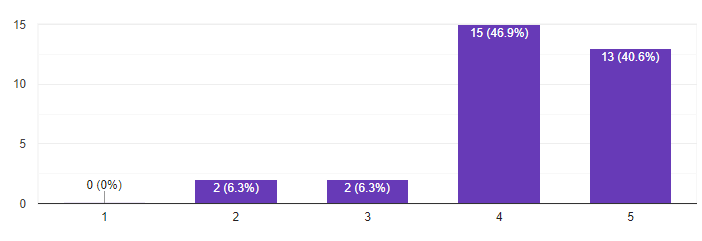
Here, we asked students about some of the sources of stress they experienced.
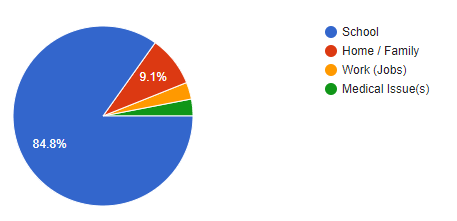
Here, we asked students whether they felt unhappy or sad.
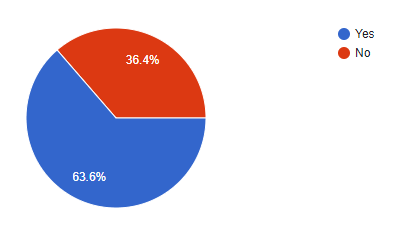
Here we asked, on average, how much sleep did the students get.

Here we asked whether or not the students were in a positive social circle.
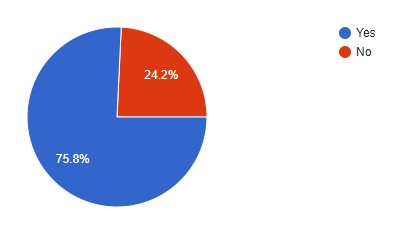
Here we asked whether being in a bad social circle contributed to their stress.
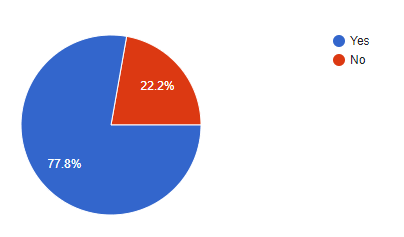
Here we asked whether being in a good social circle contributed to their stress.
